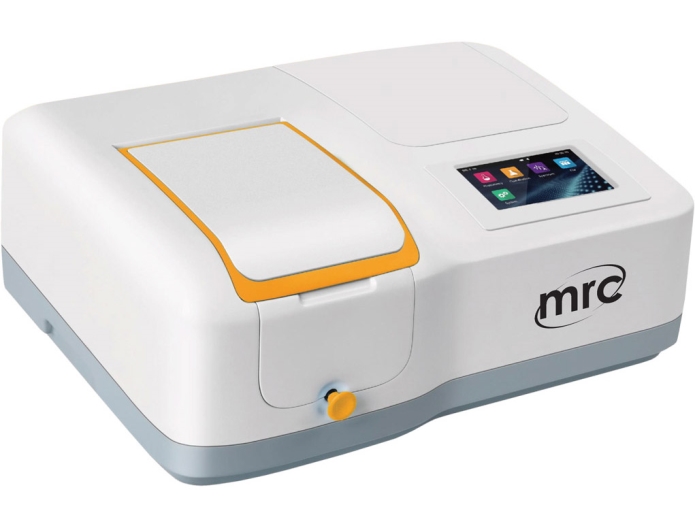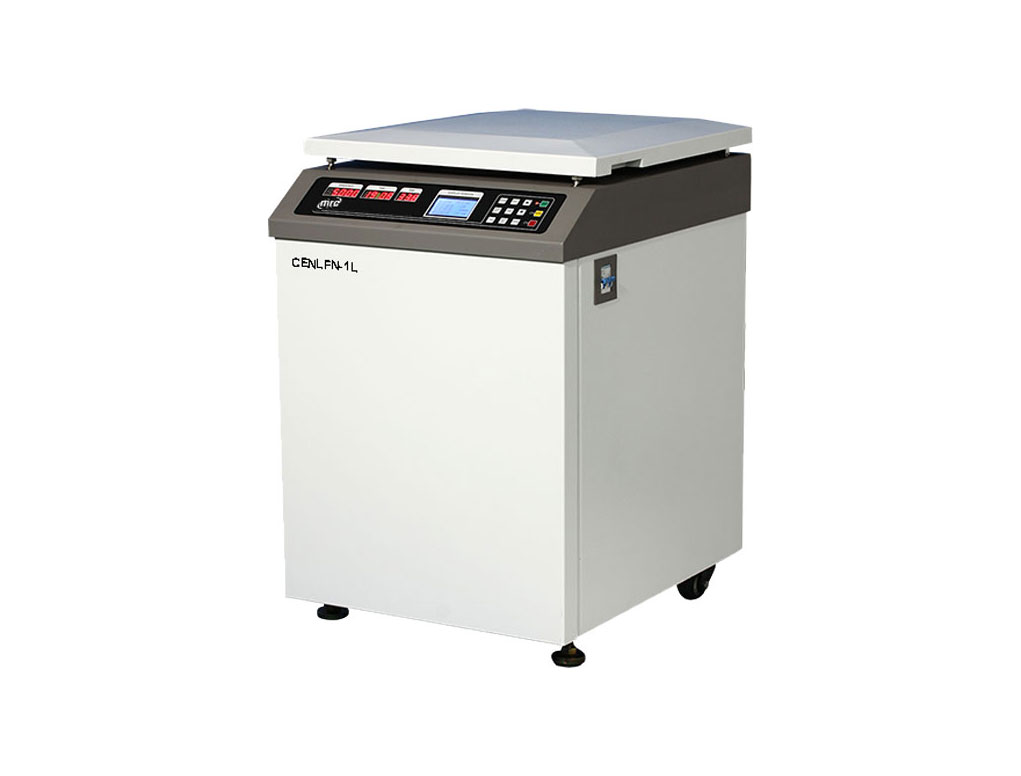In the ever-evolving field of pharmaceuticals, the need for precise, reliable, and efficient laboratory equipment cannot be overstated. From drug development to quality control, laboratory instruments are important role in ensuring the safety and efficacy of pharmaceutical products. Here, we delve into the essential equipment that forms the backbone of pharmaceutical laboratories, highlighting their functionalities, significance, and advancements.
Analytical Balances
Analytical balances are indispensable in pharmaceutical laboratories. These highly sensitive instruments are designed to measure small mass in the sub-milligram range. Accuracy and precision are paramount in pharmaceutical research and development, where even minor deviations can affect the outcome of experiments and the quality of products. Modern analytical balances come with advanced features such as automatic calibration, built-in anti-vibration mechanisms, and digital readouts, enhancing their reliability and ease of use.

Mass Spectrometers
Mass spectrometry is a critical tool in the pharmaceutical laboratory for analyzing complex mixtures, identifying unknown compounds, and studying molecular structures. The ability to provide highly accurate mass measurements and structural information makes mass spectrometers essential for drug development and quality control. Innovations in mass spectrometry, including tandem mass spectrometry (MS/MS) and high-resolution mass spectrometry (HRMS), have expanded their application in pharmacokinetics and metabolomics.
Spectrophotometers
Spectrophotometers are used to measure the amount of light absorbed by a sample, providing valuable data about the concentration of substances within it. In pharmaceutical laboratories, spectrophotometry is employed in drug formulation, dissolution testing, and quality assurance.

Autoclaves
Sterility is a critical aspect of pharmaceutical production. Autoclaves, which use steam under pressure to sterilize equipment and materials, are fundamental in maintaining a sterile environment. Pharmaceutical Autoclaves are designed to handle various load types and volumes, ensuring the complete eradication of microorganisms. Advanced autoclaves feature automated control systems, cycle documentation, and validation capabilities, ensuring compliance with stringent regulatory standards.
Centrifuges
Centrifuges are essential for separating substances of different densities. In pharmaceutical laboratories, they are used for purification of biomolecules, cell culture processing, and sample preparation. Modern centrifuges come with features such as temperature control, high-speed capabilities, and safety locks, ensuring efficient and safe operation. They are available in various configurations, including microcentrifuges, high-speed centrifuges, and ultracentrifuges, each tailored to specific laboratory needs.

pH Meters
pH meters are crucial for measuring the acidity or alkalinity of a solution, an essential parameter in pharmaceutical formulation and testing. Accurate pH measurement ensures the stability and efficacy of pharmaceutical products. Advanced pH meters offer digital readouts, automatic temperature compensation, and calibration reminders, enhancing their accuracy and user-friendliness. The integration of electrochemical sensors has further improved the reliability of pH measurements.
Microscopes
Microscopes are fundamental in pharmaceutical research for cell and tissue analysis, microbial examination, and particle size analysis. Modern microscopes, including optical, electron, and fluorescence microscopes, provide high-resolution images and advanced imaging capabilities. Innovations such as confocal microscopy and digital imaging have revolutionized the way scientists visualize and analyze microscopic structures, aiding in drug discovery and development.
Fume Hoods
Fume hoods are critical for protecting laboratory personnel from hazardous fumes and volatile chemicals. They are designed to contain and exhaust harmful vapors, ensuring a safe working environment. Advanced Laboratory fume hoods feature airflow monitors, automatic sash controls, and energy-efficient designs, enhancing both safety and sustainability in the laboratory. Proper maintenance and regular certification of fume hoods are essential to ensure their optimal performance.
Incubators
Incubators provide controlled environments for the growth of biological cultures. In pharmaceutical laboratories, they are used for cell culture, microbial culture, and stability testing. Modern incubators come with precise temperature, humidity, and CO2 control, ensuring consistent and reliable conditions for sensitive biological samples. Innovations such as programmable settings, remote monitoring, and energy-efficient designs have enhanced the functionality and convenience of laboratory incubators.
MRC also markets a wide range of Laboratory Equipment for Pharmaceutical Laboratories. Contact us for more details